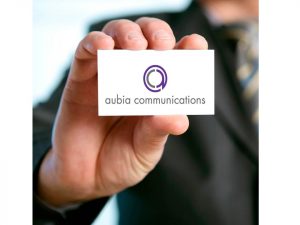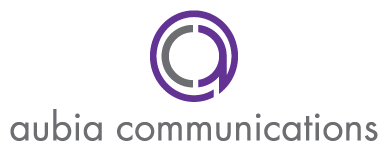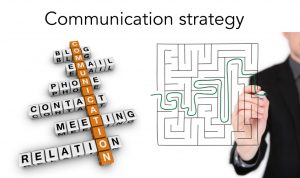 In 2012, I changed careers after six years of working in government Public Affairs to freelance Public Relations consulting for a variety of organizations. After gaining a solid foundation in the career field, I wanted to use my unique Public Relations skill set to help organizations excel in their industries. The process of creating Aubia Communications was a great learning experience in the world of business, and I hope this blog post can help those who are considering a similar path.
In 2012, I changed careers after six years of working in government Public Affairs to freelance Public Relations consulting for a variety of organizations. After gaining a solid foundation in the career field, I wanted to use my unique Public Relations skill set to help organizations excel in their industries. The process of creating Aubia Communications was a great learning experience in the world of business, and I hope this blog post can help those who are considering a similar path.
I started thinking about my own Public Relations firm about a year before the launch of Aubia Communications. So, of course, I started reading every resource available to me about how to go about this. I found lots of great posts on the Public Relations Society of America’s ComPRehension blog about the subject. I also reached out to other freelancers and requested informational interviews, which most freelancers are more than happy to provide.
I recommend anyone contemplating this course to do as much research as possible. Just as in the RPIE process, begin with research. Not only will it help you professionally, but knowing more about the process helps to relieve the anxiety of the overall experience. Starting your own business is just as exciting as it is stressful. The more you know, the more you can alleviate the angst of uncertainty.
Through your research, you’ll begin to learn about all the legal and financial obligations that will be required. Since I was living in Virginia when I first started this process, I consulted with a Leonard C. Heath Jr. of Heath Law, P.L.C in Newport News. When I decided to base the firm out of my hometown in Georgia, I also consulted with Paul H. Threlkeld of the Law Offices of Andrew & Threlkeld, P.C. in Vidalia. You need to make sure the legal counsel you receive is qualified in the location you will be practicing. You will also need to consult with an accountant about business taxes. I used Archie Branch & Associates, LLC in Vidalia.
There are differences in setting up a business entity for legal and accounting purposes, but the main types of businesses recognized in both cases are classified as:
–Sole Proprietorship
–Partnership
–Limited Liability Company
–S Corporation
–Regular Corporation
Aubia Communications is currently established as a Sole Proprietorship, but I may consider a LLC as the firm grows. Your legal and accounting counsel can advise you to what structure is best for your individual needs. Many lawyers and accountants also provide a free beginning consultation. This is a terrific way to find counsel that you’re comfortable with and is experienced with your distinctive requirements.
After your research is complete, you will want to start the planning portion of the process. What services do you want to offer? Do you want to specialize in one area or provide more generic services? How much will you charge for your services? What type of clients are you targeting? Small businesses? Large corporations? Non-profit organizations? Government? What will you name the firm? How will you market your new firm?
These are all questions to ask, and a good way to answer them is to make a business plan. I know a business plan can be quite daunting for those of us without a business background, but there are tons of resources out there. I used the checklists provided by the U.S. Small Business Administration. A solid business plan will also be required when applying for loans for your startup.
While constructing your business plan, you will identify that perfect name for your firm. Sometimes that perfect name may already be taken, and you will have to start again. You can search business names in your state on your state government websites. In Virginia, you can search through a database under the Start Corporation Commission. In Georgia, you’ll find the database under the Secretary of State offices. You can also register your firm with the state, thereby protecting your name, through these same websites.
Another important part of the process is obtaining any business permits and licenses you will need. You will first need to determine where you will operate your business. Since I’m currently in a traveling status, I needed somewhere solid to base Aubia Communications. I chose my hometown of Lyons, Ga., because I have a support network there that can help me when I’m out of the country. Your local city government can provide you with the information needed to obtain the correct permits and licenses.
Once you have your business aspects in place, then you can get to the fun part of actually doing the work you want to do. The startup process is a great challenge. Enjoy it for what it is, and try not to become overwhelmed. You’ll soon be on your way to serving great clients.
Did I forget to mention anything you want to know more about? Leave your questions in the comments.



